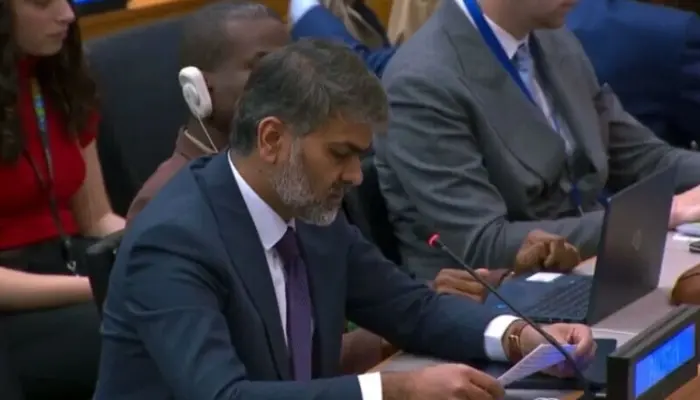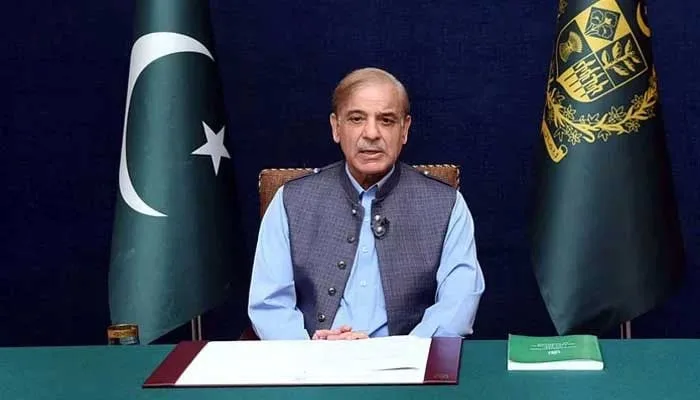
New Delhi: The Indian Parliament has passed the Waqf (Amendment) Bill, 2024, sparking sharp criticism from Muslim organizations and opposition parties. The bill aims to reform the management of Waqf properties — land and assets donated for religious or charitable purposes in the Muslim community.
Key Changes in the Bill
The bill introduces several major changes. It allows non-Muslim members to be included in Waqf Boards and the Central Waqf Council. Supporters claim this will increase transparency and inclusivity. Critics argue it threatens the autonomy of Muslim religious institutions.
Another key provision gives District Collectors the power to decide the ownership of disputed Waqf properties. The government says this will help resolve long-standing land disputes. However, Muslim leaders fear this could lead to misuse and the seizure of historic religious properties.
The bill also ends the practice of ‘Waqf by user’—a tradition where land used for religious purposes over time is recognized as Waqf even without official records. Many fear this change could result in the loss of numerous undocumented Waqf properties.
Opposition and Concerns
Muslim leaders, legal experts, and several political parties have opposed the bill. They claim it undermines Article 26 of the Indian Constitution, which grants religious groups the right to manage their own affairs.
The inclusion of non-Muslims in Waqf boards is seen as interference in religious matters. Critics say it violates the principle of religious freedom and will erode community trust.
Opposition MPs staged protests during the bill’s passage. Several community leaders have demanded the government withdraw the amendments and hold wider consultations with stakeholders.
Government’s Justification
Minority Affairs Minister Kiren Rijiju defended the bill. He said the reforms aim to end corruption and mismanagement in Waqf institutions.
He noted that the central government will now set rules for Waqf registration and property audits. The Comptroller and Auditor General (CAG) or a designated officer will audit Waqf accounts. This, he said, will increase accountability and transparency.
Minister Rijiju added that the decision to end ‘Waqf by user’ will protect legal landowners and help update property records. He also stressed that the government remains committed to minority welfare.
Strong Reaction from Muslim Bodies
The All India Muslim Personal Law Board and other Muslim organizations have condemned the bill. They warned that the changes could trigger social unrest and legal challenges.
Several Muslim clerics and scholars have called it an attack on community rights. They argue that government control over religious property violates the secular structure of the country.
Next Steps
The bill now awaits presidential assent to become law. Once approved, the changes will apply nationwide.
Observers expect a wave of court cases and protests in the coming months. With rising tensions, calls for dialogue and compromise are growing louder.
As the debate continues, the future of Waqf institutions in India remains uncertain. The government insists the move ensures better governance, but critics warn it could set a dangerous precedent.
















